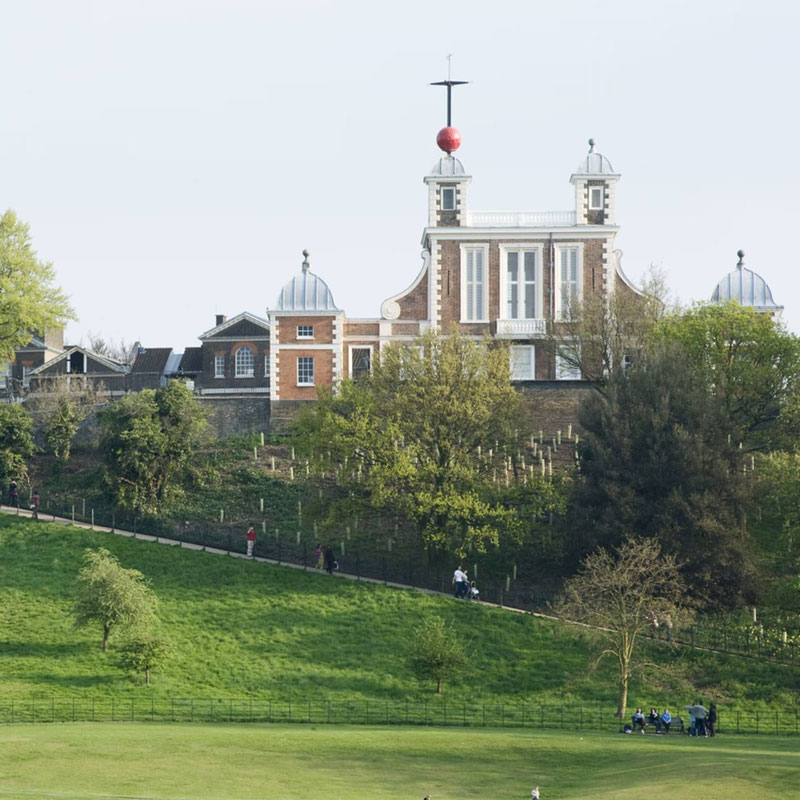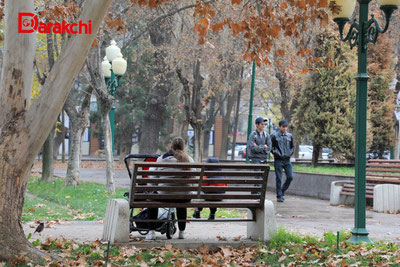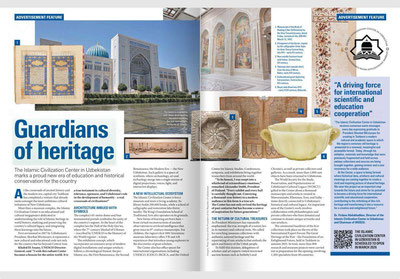The construction of the famous Greenwich Observatory near London significantly incorporates the scientific achievements of our ancestors, including the discoveries of Mirzo Ulugbek. This scientific institution was established in 1675 by the initiative of the English King Charles II with the purpose of determining coordinates for sailors. The observatory determined the location of the Prime Meridian, and it is in this area that the term "Greenwich Mean Time" originated.
The work "Ziji Jadidi Kuragoniy" by Mirzo Ulugbek and the astrolabe associated with his school have served as a basis for scientific research at the Greenwich Observatory. This manuscript was written in Samarkand and brought to Istanbul by his disciple Ali Qushji. It is possible that he also brought numerous works and instruments used in the observatory from Samarkand to Istanbul, including this manuscript.
According to the news service of the Islamic Civilization Center, the delegation led by the Center's director Firdavs Abdukholiqov, during their visit to the Oxford Center for Islamic Studies, got acquainted with this manuscript.
"The notes in Latin on the margin of the manuscript belong to the English scientist John Greaves (1602-1652). When we, the delegation from the Islamic Civilization Center of Uzbekistan, visited Oxford, we also got acquainted with this manuscript. According to Nicholas Kontovas, curator of the Bodleian Library's Eastern Manuscripts section, in April of that year, with the help of Peter Wyatt, an English merchant and consul in the Ottoman capital, Greaves acquired manuscripts and astronomical instruments brought by Ali Qushji from Samarkand and returned to London. Among them were the commentary on Ptolemy's "Almagest", the book "On the Description of the Fixed Stars" by Abd al-Rahman al-Sufi, Mirzo Ulugbek's "Ziji Jadidi Kuragoniy", and an oriental astrolabe," — said Firdavs Abdukholiqov.
John Greaves studied the Eastern calendars based on Ulugbek's work and determined the movement of the Earth around the Sun. He proved that Ulugbek's calendar was more accurate and complete than the Julian calendar of Julius Caesar and proposed the adoption of a new calendar.
The Greenwich Observatory serves as the foundation for the global scientific time and coordinates system, embodying the substantial scientific contribution of Mirzo Ulugbek's works and his school.






